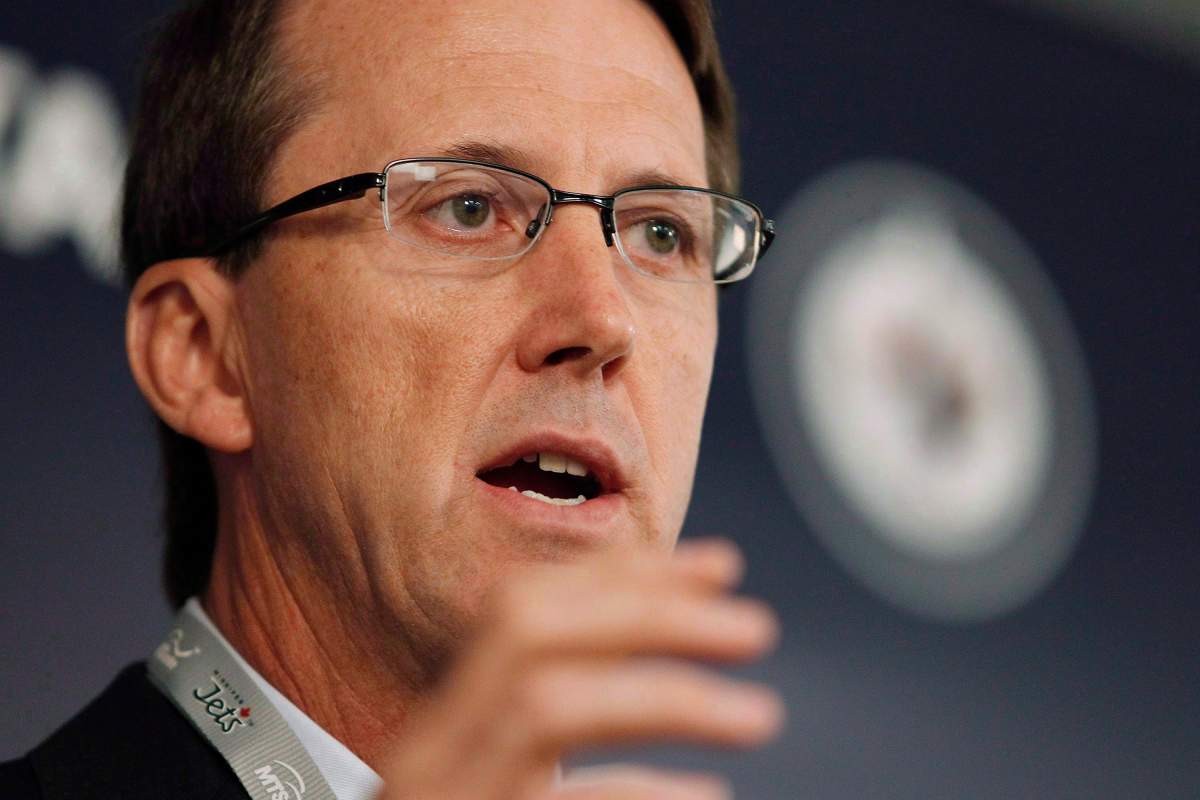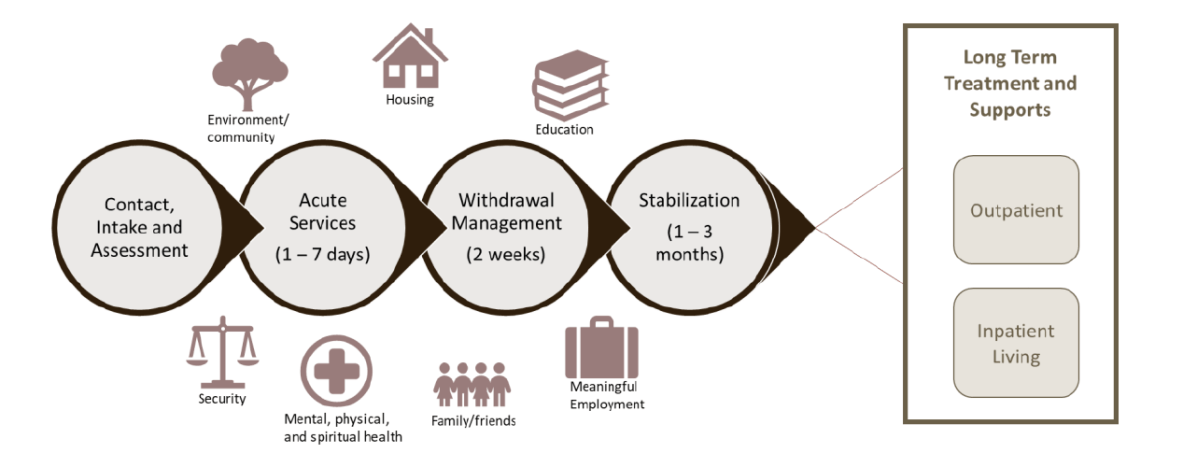The owner of True North Sports and Entertainment is championing an idea that he hopes will ultimately make downtown safer and make addictions treatment easier to access.

Mark Chipman will rally the local business community and politicians at the Winnipeg Chamber of Commerce lunch Friday to get behind a $40 million multi-level addictions treatment centre, located in Point Douglas just outside downtown, at 190 Disraeli Freeway.
Speaking exclusively to 680 CJOB’s Richard Cloutier earlier this week, Chipman said it’s beyond time to find new solutions to the problem.
There were “more and more incidents of daytime chronic public intoxication right outside our front door,” Chipman said.
“It became more frequent and more troublesome to the point where you can’t walk by it or look away from it without it affecting you.”
After an intoxicated man relieved himself outside the window when Chipman was at a meeting downtown a few years ago, he decided to act, he said.
Chipman reached out to key leaders in health, addictions and law enforcement communities and helped found the Community Wellness and Public Safety Alliance (CWPS Alliance).
“I came to understand was that there were a lot of people involved in providing different aspects of service to the population that’s most affected by chronic alcohol and substance abuse,” he said.
“But they’re maybe not as coordinated … as they are elsewhere.”

Get weekly health news
Research led the Alliance to the proposed centre, said Chipman.
The centre
“In other communities across Canada, including Calgary, Edmonton and Thunder Bay, an integrated ‘systems’ approach to outreach, intervention, and ongoing programming allows for resources to be well-planned,” and provide more support, reads the CWPS Alliance’s business plan for the centre.
The centre will include a drop-in centre, treatment beds for sobering, detoxification and withdrawal management and then in-patient stabilization, and medical, legal, housing and employment resources all in one place.
As well, the Alliance hopes the centre will be home to a Community Court “that will provide ease of access to the centre’s clients and proximity to support resources including case managers/system navigators, mental health professionals and co-located social services.”
So, if someone gets in trouble with the law because of their addiction, support will be readily available, said Chipman.
The centre’s model aligns with several government strategies, including The Manitoba Mental Health and Addictions Strategy, the Criminal Justice System Reform, and the End Homelessness Initiative, as well as several calls to action by the Truth and Reconciliation Commission.
The new centre would count on a dispatch system open 24 hours a day, seven days a week, and would rely on “proactive outreach and voluntary acceptance of help,” said the group’s business plan.
The annual operating cost would run between $20 and $30 million yearly, to be paid for by community partnerships and, eventually, savings in the police and first responder budget.
“We have a long history of sending out emergency responders to deal with a lot of social issues in the community,” said Winnipeg Fire-Paramedic Deputy Chief Christian Schmidt, who is a member of the Alliance.
Citizens will see someone in the throes of addiction and call 911, and police, firefighters and paramedics all respond, which ties up resources, said Schmidt, saying Alliance hopes the new centre will give those who need help a safe place to sober up, rather than be hospitalized or put in jail.
“This is a health issue that notwithstanding all of the phenomenal efforts in our health care system of the people that are doing this very, very difficult work day in and day out could be done more effectively,” Chipman added.
Now, the CWPS Alliance needs community and political support to see the centre built.
Government, partner support
Chipman will go into more details on Friday at the Chamber lunch, he said, but noted the idea is receiving support from the Pallister government.
Who will pay the initial costs for the centre still has to be worked out, and fundraising is likely in the Alliance’s future, said Chipman.
“This is a great opportunity for our community to come together at the political level and in the private sector to partner up and take all of this on,” he said.
“This is fundamentally a human issue that we cannot look away from any longer.”










Comments